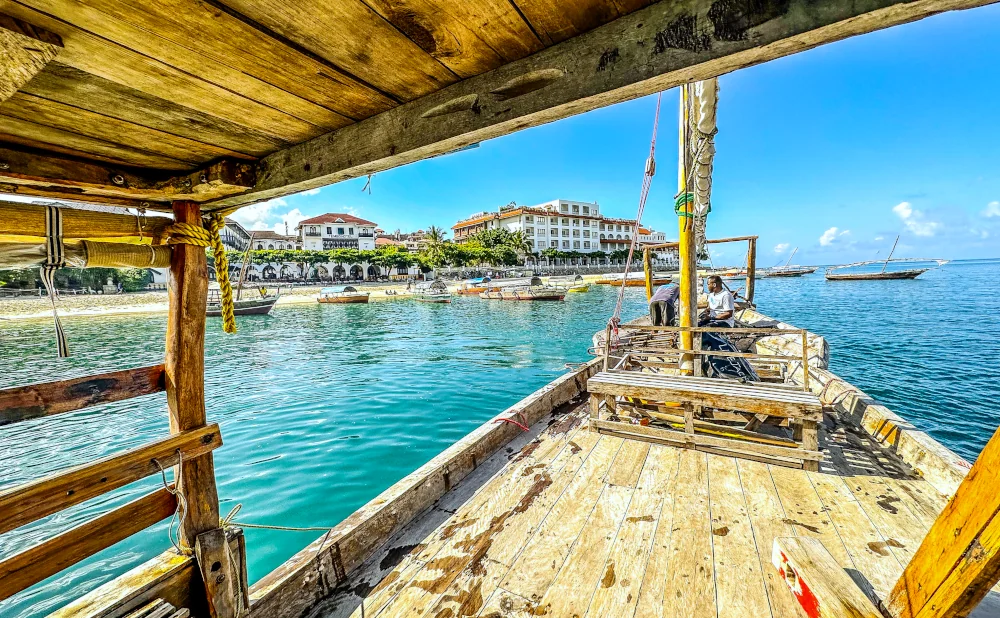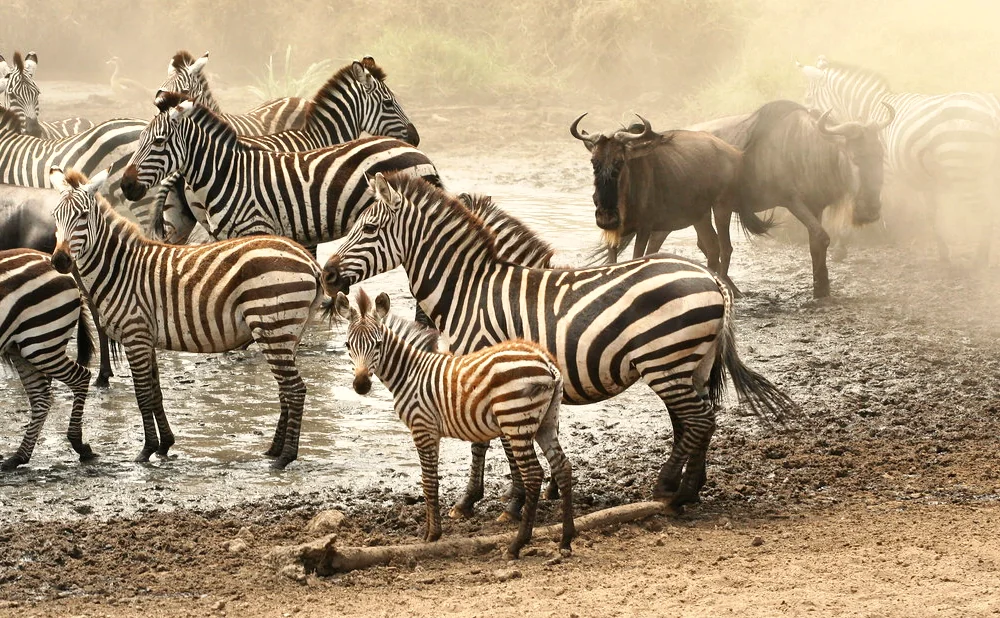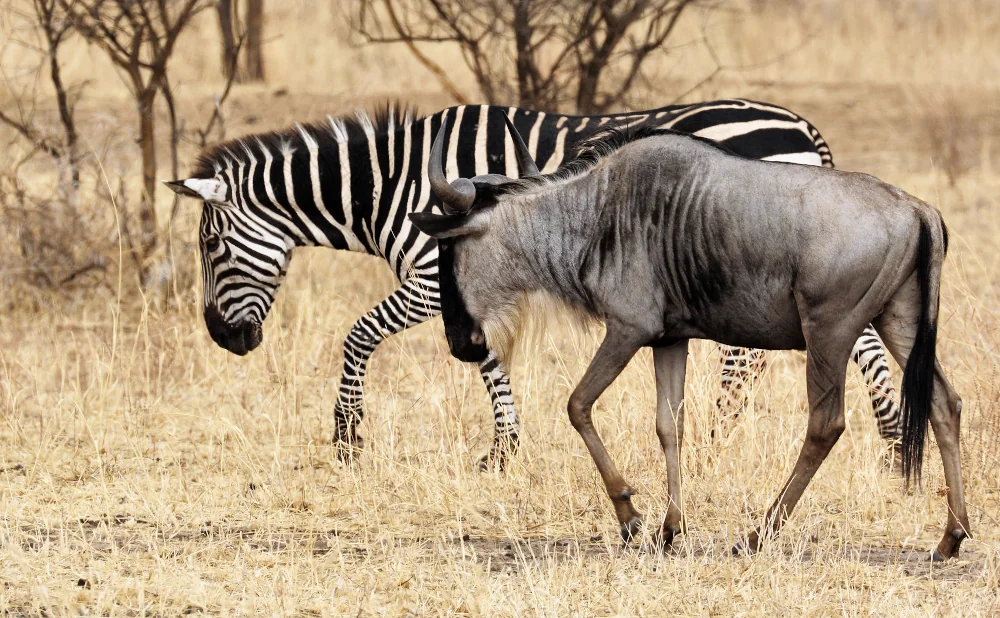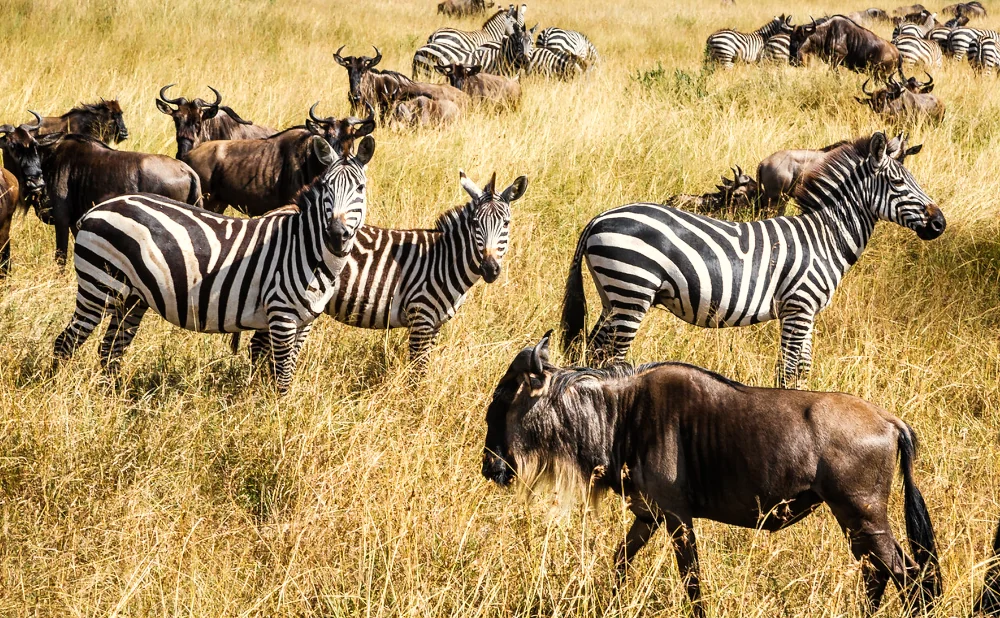Top Tips for Climbing Mount Kilimanjaro
Climbing Mount Kilimanjaro is an adventure of a lifetime. As Africa's highest peak, it draws thousands of climbers each year, each hoping to conquer its majestic slopes and stand at the summit. However, the journey to the top is no simple task. It requires careful preparation, the right mindset, and an understanding of the challenges that lie ahead. This guide provides essential tips to help you successfully climb Mount Kilimanjaro, ensuring your experience is both safe and rewarding.
Choosing the Right Kilimanjaro Climbing Tour
Selecting the right tour is the first step in your Kilimanjaro adventure. With so many options available, it can be overwhelming. Here are some key factors to consider:
Research Kilimanjaro Tour Operators
When selecting a tour operator, it's crucial to do thorough research. Look for operators with a proven track record of successful climbs and positive customer reviews. Reliable operators prioritize safety, provide experienced guides, and offer comprehensive support throughout the trek. They should be registered with the Kilimanjaro Porters Assistance Project (KPAP) to ensure ethical treatment of porters and staff.
Consider the Route and Duration
Mount Kilimanjaro offers several routes, each with its unique characteristics. The Marangu, Machame, and Lemosho routes are among the most popular. Consider your fitness level, experience, and preferences when choosing a route. Longer routes generally offer better acclimatization, increasing your chances of reaching the summit.
Evaluate the Cost
While it can be tempting to choose the cheapest option, remember that quality and safety often come at a price. A slightly more expensive tour might include better equipment, more experienced guides, and improved acclimatization strategies.
Preparing for the Climb
Proper preparation can make the difference between a successful climb and an early descent. Here’s how you can prepare:
Physical Conditioning
Climbing Kilimanjaro doesn't require technical mountaineering skills, but it does demand physical endurance. Engage in regular cardiovascular exercises like hiking, running, or cycling to build stamina. Include strength training for your legs and core to prepare for the demands of the climb.
Acclimatization Strategies
The biggest challenge on Kilimanjaro is not the altitude; it's the altitude sickness. To minimize your risk, choose a route that allows for gradual acclimatization. Consider taking Diamox, a medication that can help prevent altitude sickness, but consult your doctor first.
Packing Essentials
Packing the right gear is crucial for your comfort and safety. Essential items include:
- Warm clothing, including thermal layers and a down jacket
- Waterproof gear for unexpected weather changes
- Sturdy hiking boots with good ankle support
- A sleeping bag rated for cold temperatures
- A headlamp, trekking poles, and a first-aid kit
On the Mountain: What to Expect
Understanding what to expect during your climb will help you mentally prepare for the journey.
Daily Routine
Your typical day on Kilimanjaro starts early. After breakfast, you'll pack your gear and begin the day's trek. Expect to hike for 5-7 hours each day, with breaks for lunch and hydration. Evenings are for resting, acclimatizing, and preparing for the next day's climb.
Summit Night
Reaching the summit is the most challenging part of the climb. You'll start the ascent around midnight to reach the summit by sunrise. The climb is steep and slow, requiring mental and physical resilience. Upon reaching the summit, you'll experience an unforgettable sunrise and breathtaking views.
Weather Conditions
Kilimanjaro's weather is unpredictable. Be prepared for sun, rain, wind, and cold temperatures. Layer your clothing to adjust to varying conditions throughout the day.
Tips for a Successful Climb
Hydration and Nutrition
Staying hydrated is essential at high altitudes. Drink plenty of water and consider adding electrolyte tablets to your supply. Your tour operator will provide meals, but carry snacks like nuts, energy bars, and dried fruits for extra fuel.
Listen to Your Body
Altitude affects everyone differently. Pay attention to your body's signals and communicate with your guides about any symptoms of altitude sickness. It's crucial to listen to your body and rest if needed.
Mental Preparedness
The climb is as much a mental challenge as a physical one. Stay positive, focus on your goal, and take it one step at a time. Support from fellow climbers and guides can be invaluable.
Post-Climb: Reflecting on the Experience
Reaching the summit of Mount Kilimanjaro is a remarkable achievement. After descending, take time to rest and recover. Reflect on your journey, the challenges you overcame, and the memories you made.
Climbing Mount Kilimanjaro is more than just reaching the top; it's about the journey, the people you meet, and the personal growth you experience along the way. With the right preparation and mindset, you can make your Kilimanjaro adventure an unforgettable success.











